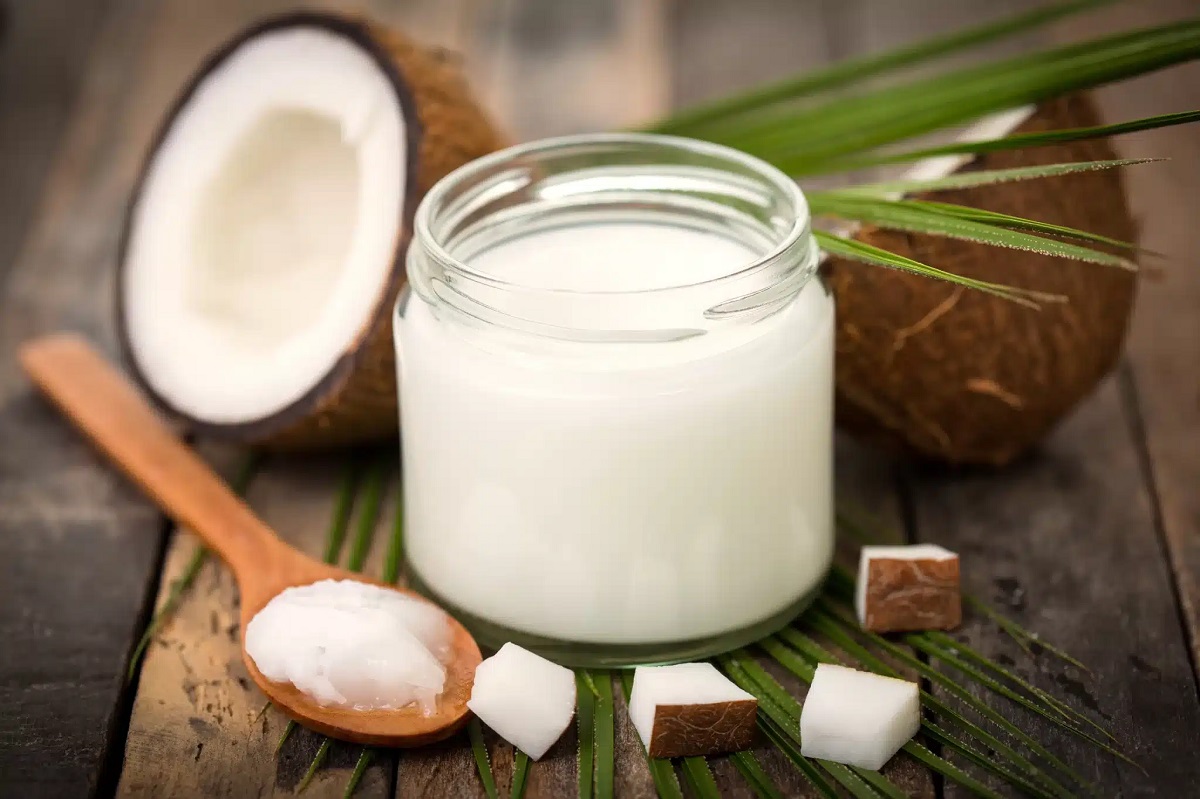

Articles
How To Store Coconut Oil In Hot Weather
Modified: December 7, 2023
Looking for tips on how to store coconut oil in hot weather? Check out our informative articles for expert advice and keep your coconut oil fresh and usable!
(Many of the links in this article redirect to a specific reviewed product. Your purchase of these products through affiliate links helps to generate commission for Storables.com, at no extra cost. Learn more)
Introduction
Coconut oil is a versatile and popular ingredient known for its numerous health benefits and culinary uses. However, storing coconut oil in hot weather can present some challenges as high temperatures can affect its quality and shelf life. When exposed to heat, coconut oil can melt, oxidize, and develop off-flavors. Proper storage is crucial to maintain the integrity and freshness of the oil.
In this article, we will discuss the factors to consider when storing coconut oil in hot weather and provide practical tips to ensure its longevity and quality. Whether you live in a tropical climate or are experiencing a heatwave, these guidelines will help you preserve your coconut oil effectively.
Key Takeaways:
- Proper storage of coconut oil in hot weather is crucial to maintain its quality and freshness. Factors such as type, packaging, and storage location play a significant role in preserving the oil’s integrity.
- Choosing the right container, controlling the temperature, and avoiding direct sunlight are essential for preserving coconut oil in hot weather. Additional tips for extreme heat conditions include refrigeration and regular quality checks.
Read more: How To Store Coconut Oil
Factors to Consider
When it comes to storing coconut oil in hot weather, there are several important factors to consider. Understanding these factors will help you make informed decisions on how to store your coconut oil effectively.
- Type of Coconut Oil: The type of coconut oil you are using will influence its stability and storage requirements. Refined coconut oil, which has undergone a higher level of processing, is generally more heat-stable compared to virgin or unrefined coconut oil. Keep this in mind when choosing your preferred type of coconut oil.
- Packaging: The packaging of your coconut oil plays a significant role in its storage. Look for airtight containers made of materials that can withstand high temperatures. Transparent glass jars or dark-colored plastic containers are excellent options as they protect the oil from light exposure.
- Quality: Opt for high-quality coconut oil from reputable brands. Higher quality oils tend to be more resistant to heat and have a longer shelf life. Check the product label for any specific storage instructions provided by the manufacturer.
- Humidity: In hot weather, humidity levels can rise, which can impact the quality of your coconut oil. High humidity can contribute to accelerated rancidity and spoilage. Consider the humidity levels in your storage area and take necessary precautions to minimize moisture exposure.
- Frequency of Use: If you frequently use coconut oil, storing it in smaller quantities may be more practical. This allows you to reopen the container less frequently, minimizing exposure to heat and air. It’s also easier to transport and store smaller containers.
Now that we have identified the factors to consider, let’s explore the best container for storing coconut oil in hot weather.
Best Container for Storing Coconut Oil
Choosing the right container for storing coconut oil in hot weather is essential to ensure its freshness and longevity. Here are some factors to consider when selecting a container:
- Airtightness: Opt for containers that provide a tight seal to prevent air and moisture from entering. This will help preserve the quality of the oil and prevent oxidation.
- Material: Glass jars and dark-colored plastic containers are excellent choices for storing coconut oil. Glass is non-reactive and protects the oil from light exposure, while dark-colored plastic helps block out harmful UV rays, which can degrade the oil.
- Cleanliness: Ensure that the container you choose is clean and free from any residues or odors that could potentially transfer to the oil. Avoid using containers that previously held strong-smelling substances as the coconut oil may absorb those aromas.
- Size: Consider the size of the container based on your usage and storage needs. Smaller containers are preferable if you plan to use the oil within a shorter period, as they provide less surface area for oxidation. However, larger containers may be more convenient if you use coconut oil frequently.
- Portability: If you often travel or need to store coconut oil in different locations, consider using smaller travel-sized containers that are easy to carry and won’t take up much space.
Remember to label your containers with the date of purchase or the date you opened the oil. This will help you keep track of its freshness and ensure you use it within the recommended timeframe.
Now that you have chosen the right container, let’s take a look at the best storage location for your coconut oil.
Storage Location
Choosing an appropriate storage location for your coconut oil is crucial in maintaining its quality, especially in hot weather. Here are some tips to help you find the ideal spot:
- Cool and Dry: Look for a cool and dry area in your home to store your coconut oil. Avoid places that are exposed to direct sunlight or heat sources such as stoves, ovens, or radiators. Excessive heat can lead to the oil melting and deteriorating more quickly.
- Away from Moisture: Moisture can promote bacterial growth and cause the coconut oil to spoil more rapidly. Avoid storing it in areas with high humidity, such as the bathroom or near a sink. Instead, choose a dry area like a pantry or cupboard.
- Away from Strong Odors: Coconut oil has a delicate flavor and aroma that can easily absorb strong odors from nearby substances. Keep it away from items with strong smells, such as spices, cleaning agents, or perfumes, to maintain its natural taste and scent.
- Elevated Position: Store your coconut oil in an elevated position to prevent it from coming into contact with any potential spills or leaks from other products. This will help maintain the integrity of the oil and prevent cross-contamination.
- Consistent Temperature: Aim for a consistent temperature in your storage area. Avoid drastic temperature fluctuations, as they can lead to the oil expanding and contracting, potentially affecting its quality. If possible, choose a location where the temperature remains relatively stable.
By following these guidelines, you can ensure that your coconut oil remains in optimal condition, even in hot weather. However, it’s also important to take specific measures to control the temperature and protect the oil from direct sunlight, which we will discuss in the next section.
Temperature Control
Temperature control is vital when storing coconut oil in hot weather to prevent melting and maintain its quality. Here are some tips to help you control the temperature:
- Cool Storage Area: Choose a storage area that remains relatively cool, ideally below 76°F (24°C). Coconut oil has a melting point of around 78°F (25°C), so keeping it in a cooler spot will help prevent it from liquefying.
- Avoid Freezing: While it’s important to keep coconut oil cool, it’s equally important to avoid freezing it. Freezing can alter the texture and consistency of the oil. If you accidentally freeze it, allow it to thaw at room temperature before using it.
- Consider Refrigeration: If your home’s temperature consistently exceeds 76°F (24°C) or you are experiencing exceptionally hot weather, you may want to consider storing your coconut oil in the refrigerator. This will help maintain its solid state and prolong its freshness.
- Allow for Temperature Adjustment: When purchasing coconut oil, consider the temperature conditions during transportation and delivery. If the oil is exposed to extreme heat during transit, allow it to cool down to room temperature before storing it. This will prevent condensation on the container, which can introduce moisture and impact the quality of the oil.
Remember to check the storage instructions provided by the manufacturer, as some coconut oil brands may have specific temperature recommendations. By controlling the temperature, you can ensure that your coconut oil remains in an optimal state for a longer period.
Next, let’s discuss the importance of avoiding direct sunlight when storing coconut oil in hot weather.
Store coconut oil in hot weather by keeping it in a cool, dark place away from direct sunlight and heat sources. Consider refrigerating it if the temperature is consistently above 75°F.
Read more: How To Store Infused Coconut Oil
Avoiding Direct Sunlight
Protecting coconut oil from direct sunlight is crucial to preserve its quality and prevent degradation. Here’s why you should avoid exposing coconut oil to sunlight:
- Oxidation: Sunlight contains ultraviolet (UV) rays that can accelerate the oxidation process of coconut oil. This leads to the breakdown of the oil’s beneficial compounds and can cause it to become rancid more quickly.
- Temperature Increase: Sunlight can significantly raise the temperature of the surroundings, especially in hot weather. Higher temperatures can cause the coconut oil to melt and lose its solid state. Additionally, the heat can expedite the degradation process.
- Quality and Flavor: Exposure to sunlight can alter the quality and flavor of coconut oil. It may develop an off taste or odor due to the oxidation process, causing it to lose its natural delicate flavor and aroma.
- Container Transparency: If you store your coconut oil in a transparent container, sunlight can penetrate the container and directly impact the oil. Over time, this can have a negative effect on its color, nutritional value, and overall quality.
To avoid direct sunlight, follow these tips:
- Choose a Dark-Colored Container: Opt for dark-colored containers made of materials that provide UV protection. This helps block out sunlight and prevents it from reaching the oil.
- Store in a Shaded Area: Place your coconut oil in a shaded area of your storage space, away from windows or any other sources of direct sunlight.
- Use Cabinet or Pantry: Storing your coconut oil in a closed cabinet or pantry can provide an additional layer of protection against sunlight exposure.
By taking these precautions to avoid direct sunlight, you can ensure that your coconut oil maintains its quality, flavor, and nutritional benefits even in hot weather conditions.
Next, let’s explore some additional tips for extreme heat conditions when storing coconut oil.
Preventing Oxidation
Preventing oxidation is crucial in maintaining the freshness and quality of coconut oil, especially in hot weather. Here are some strategies to help you prevent oxidation:
- Airtight Storage: Ensure that your container is tightly sealed to limit the exposure of the oil to air. Oxygen is a catalyst for oxidation, so minimizing its contact with the oil can help delay the oxidation process.
- Proper Fill Level: When filling your container with coconut oil, leave some headspace to allow for expansion if the temperature increases. This prevents the oil from overflowing and helps maintain the airtight seal.
- Frequent Use: Using coconut oil regularly can help prevent prolonged exposure to air. The more frequently you use it, the less time it spends in storage and the lower the chances of oxidation.
- Temperature Control: As mentioned earlier, controlling the temperature can help slow down the oxidation process. Keep your coconut oil stored in a cool location to maintain its freshness for a longer period.
- Avoid Contaminants: Ensure that your container, utensils, and hands are clean and free from any contaminants that could introduce oxidative agents. Additionally, avoid transferring used oil or any other substances into the container, as this can potentially accelerate oxidation.
- Minimize Light Exposure: In addition to avoiding direct sunlight, also try to minimize the exposure of your coconut oil to other sources of light, such as bright artificial lights. Store it in a dark and shaded area of your storage space.
By implementing these strategies, you can help prolong the shelf life and maintain the quality of your coconut oil, even in hot weather conditions. It’s important to remain mindful of how you handle and store the oil to ensure optimal freshness and flavor.
Next, let’s explore some additional tips specifically for those dealing with extremely high temperatures.
Tips for Extreme Heat Conditions
For those living in regions with extremely high temperatures, it’s important to take extra precautions when storing coconut oil. Here are some additional tips to help you navigate extreme heat conditions:
- Refrigeration: Consider storing your coconut oil in the refrigerator if the ambient temperature consistently exceeds 76°F (24°C). This will help maintain its solid state and slow down the oxidation process. However, keep in mind that refrigerated coconut oil may become harder and require some time to soften before use.
- Cooling Bags or Boxes: If you need to transport or ship coconut oil in hot weather, consider using insulated bags or boxes with ice packs to help maintain a cooler temperature during transit. This will help prevent the oil from melting or overheating.
- Rotate Stock: If you live in an area with prolonged periods of extreme heat, it’s advisable to purchase coconut oil in smaller quantities and rotate your stock more frequently. This ensures that you are consistently using fresh oil and minimizes the time it spends in storage.
- Store in the Coolest Area: Identify the coolest spot in your home, such as the basement or the lowest level, and store your coconut oil there. These areas are usually slightly cooler than the upper levels of a building.
- Consider Air Conditioning: If possible, store your coconut oil in a room with air conditioning or use a dehumidifier to reduce humidity levels. Lower temperatures and controlled humidity help prolong the shelf life of the oil.
- Regular Quality Checks: Keep an eye on the quality and freshness of your coconut oil. Periodically check for any signs of spoilage, such as an off smell, unusual color, or a rancid taste. If you notice any of these, it’s best to discard the oil.
Following these tips will help you navigate extreme heat conditions and preserve the quality of your coconut oil. Always check the manufacturer’s recommendations, as they can provide additional guidance specifically tailored to the brand and type of oil you are using.
Now, let’s summarize the key points discussed in this article.
Conclusion
Storing coconut oil in hot weather requires careful consideration and proper handling to maintain its quality and preserve its health benefits. By following the guidelines outlined in this article, you can ensure that your coconut oil remains fresh, flavorful, and nutrient-rich even in warm climates or during heatwaves.
Factors such as the type of coconut oil, packaging, humidity levels, and frequency of use should be taken into account when storing the oil. Choosing the right container, such as a dark-colored and airtight one, is crucial to protect it from light exposure and air. Additionally, finding a suitable storage location that is cool, dry, and away from strong odors and direct sunlight is essential.
Temperature control plays a significant role in maintaining the integrity of coconut oil. Keeping it in a cool environment and avoiding freezing can help prevent unnecessary changes in texture and consistency. Furthermore, preventing oxidation by storing the oil in airtight containers, using it frequently, and minimizing exposure to air and contaminants is key to preserving its freshness.
If you live in regions with extremely high temperatures, consider refrigerating the coconut oil and using cooling bags or boxes when transporting or shipping it. Rotating your stock, storing it in the coolest area of your home, and monitoring the quality regularly are additional steps you can take to ensure optimal storage conditions.
By implementing these tips and being mindful of the specific needs of your coconut oil, you can enjoy its numerous benefits for an extended period, even in hot weather conditions. Remember to always check the manufacturer’s recommendations for any additional instructions specific to the brand and type of coconut oil you are using.
So, keep your coconut oil properly stored and enjoy its versatile applications in cooking, skincare, haircare, and more, regardless of the temperature outside.
Frequently Asked Questions about How To Store Coconut Oil In Hot Weather
Was this page helpful?
At Storables.com, we guarantee accurate and reliable information. Our content, validated by Expert Board Contributors, is crafted following stringent Editorial Policies. We're committed to providing you with well-researched, expert-backed insights for all your informational needs.
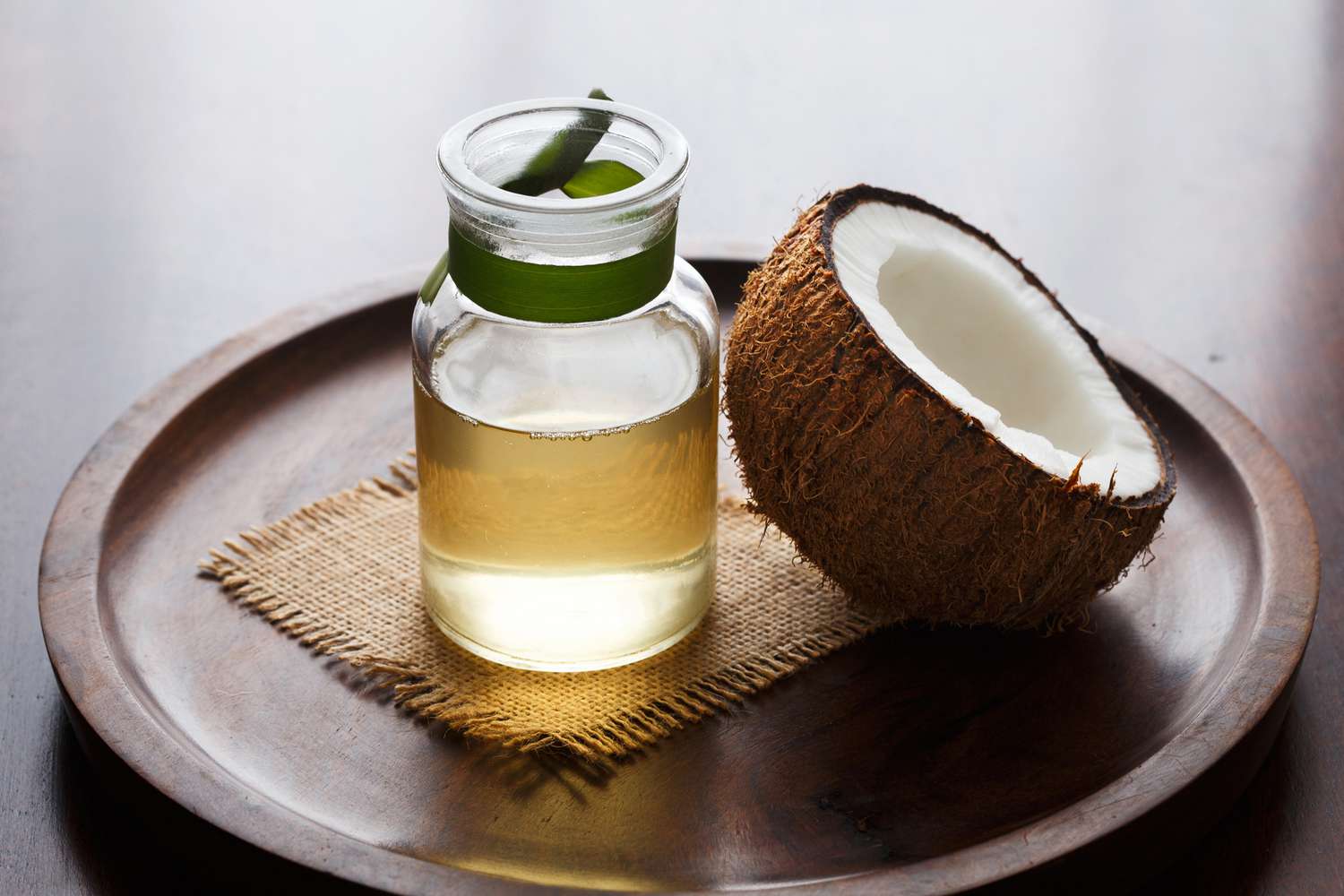





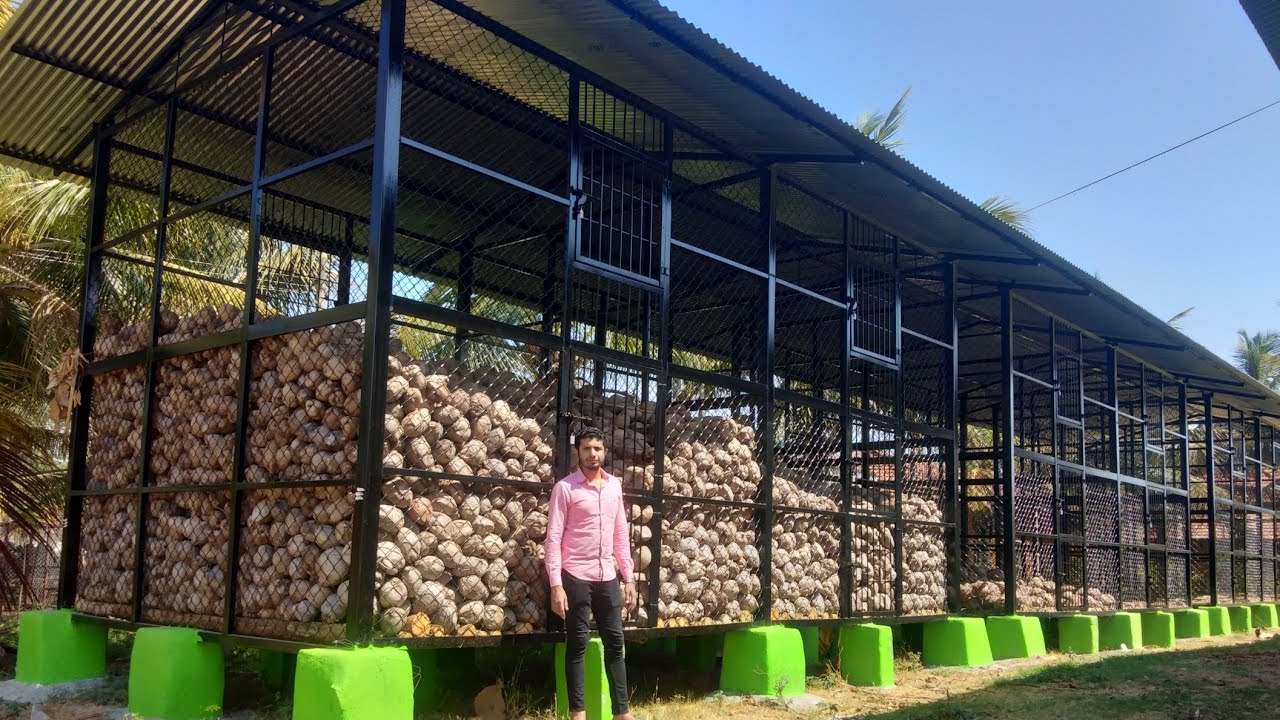

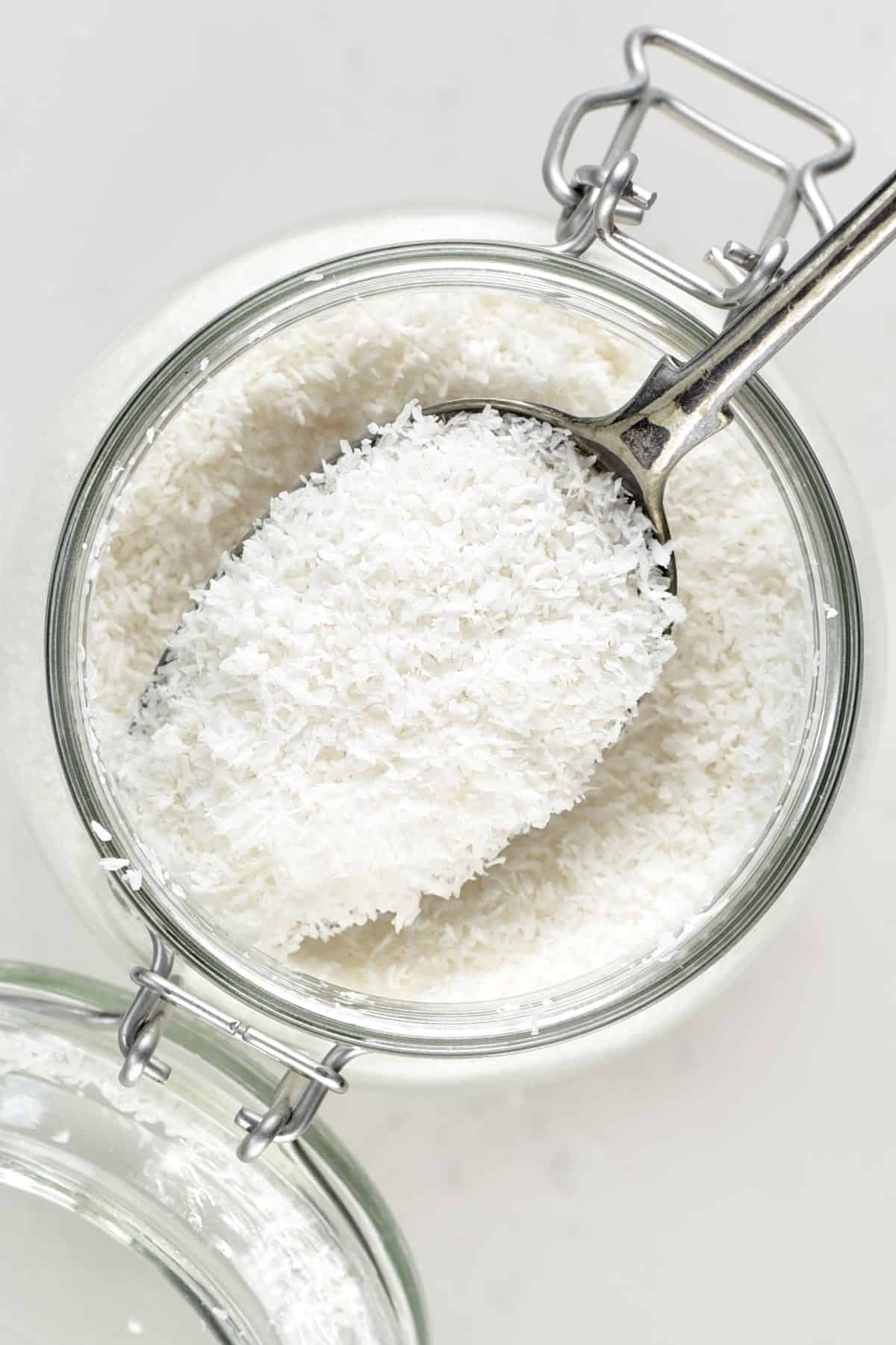
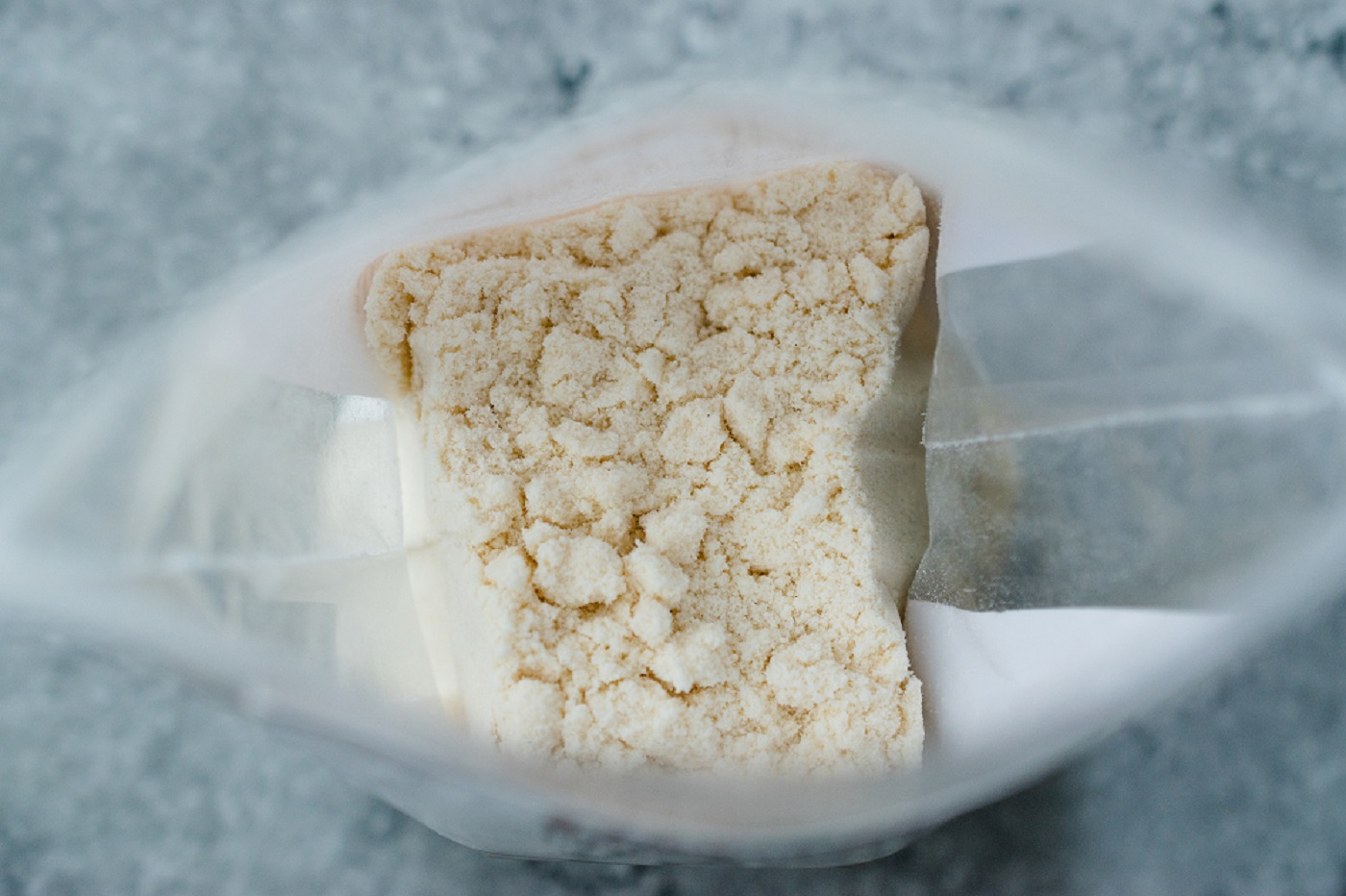
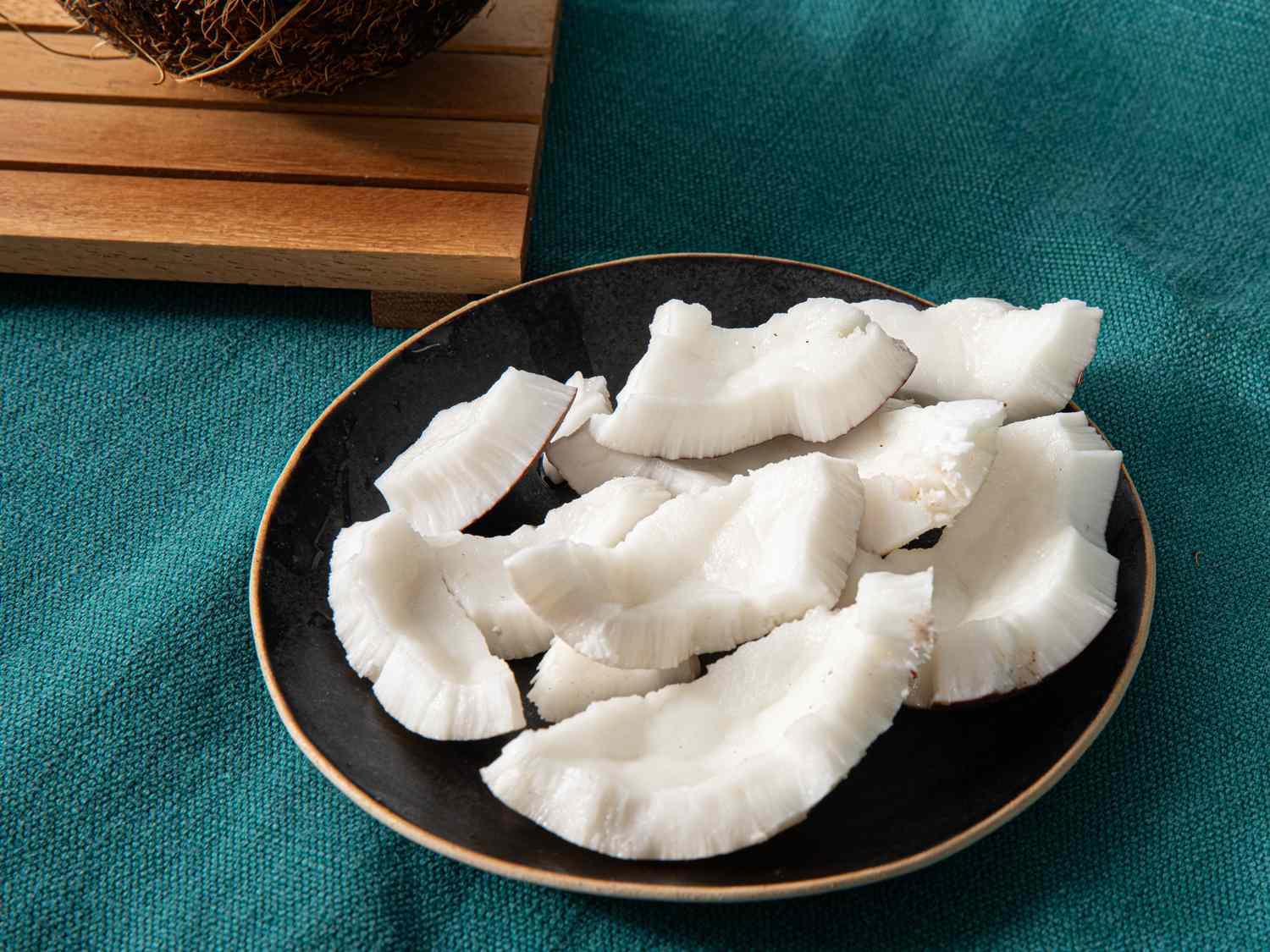
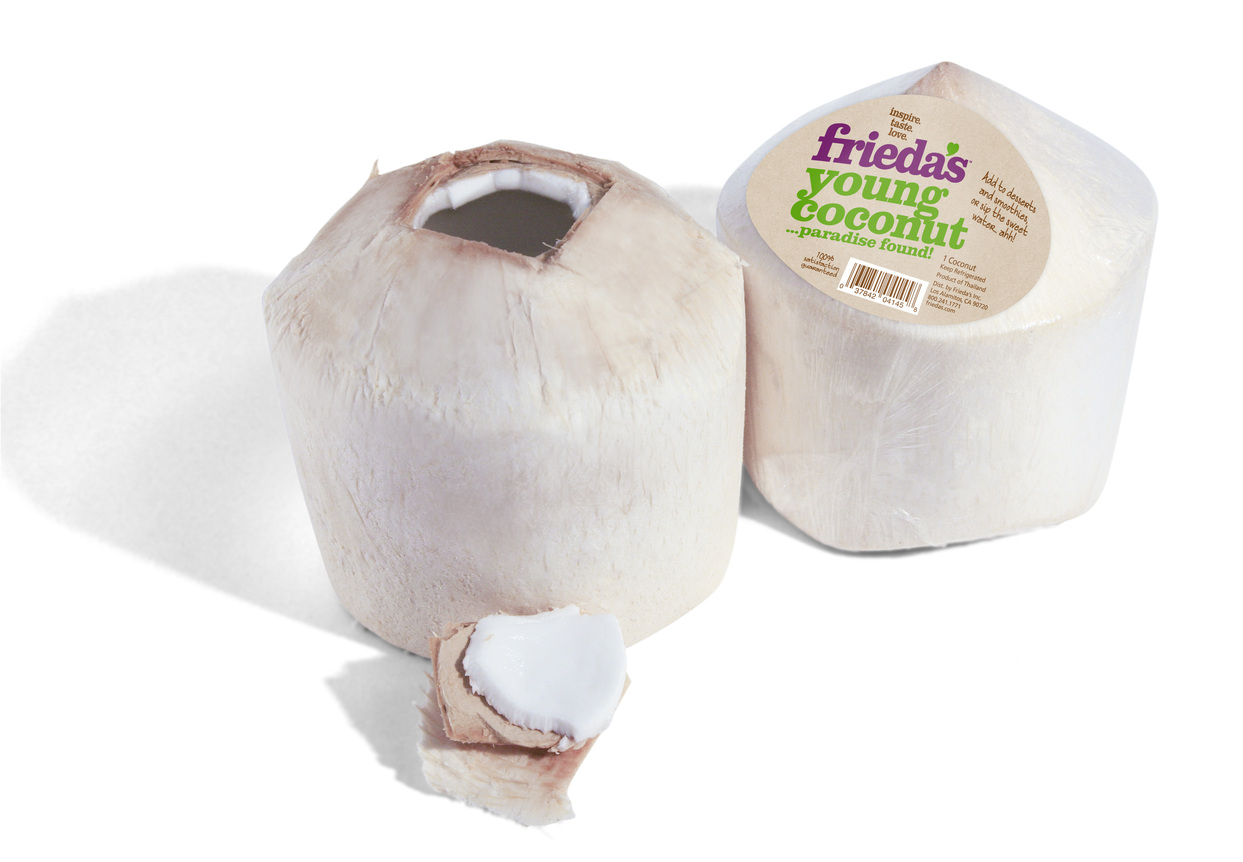
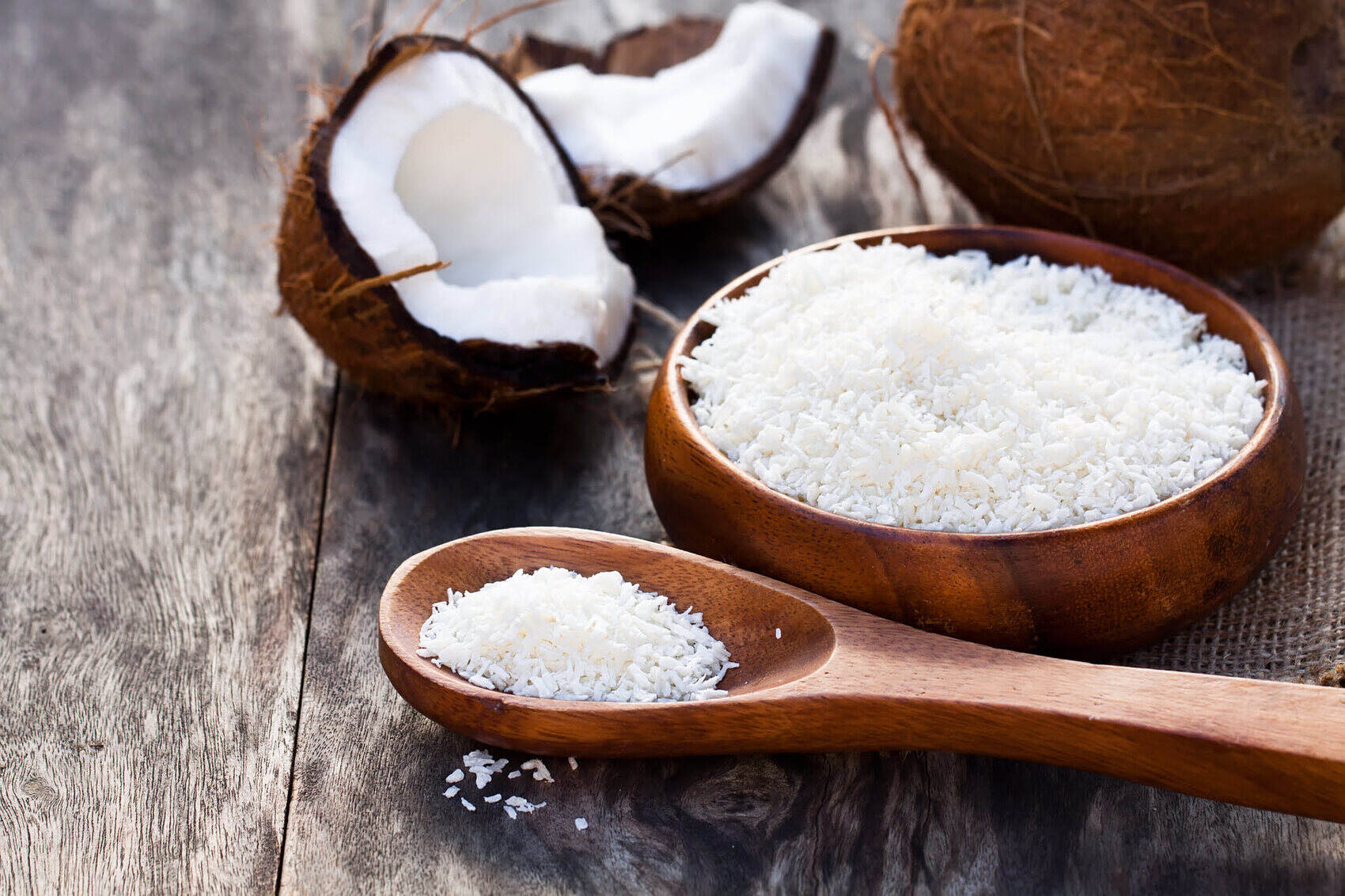
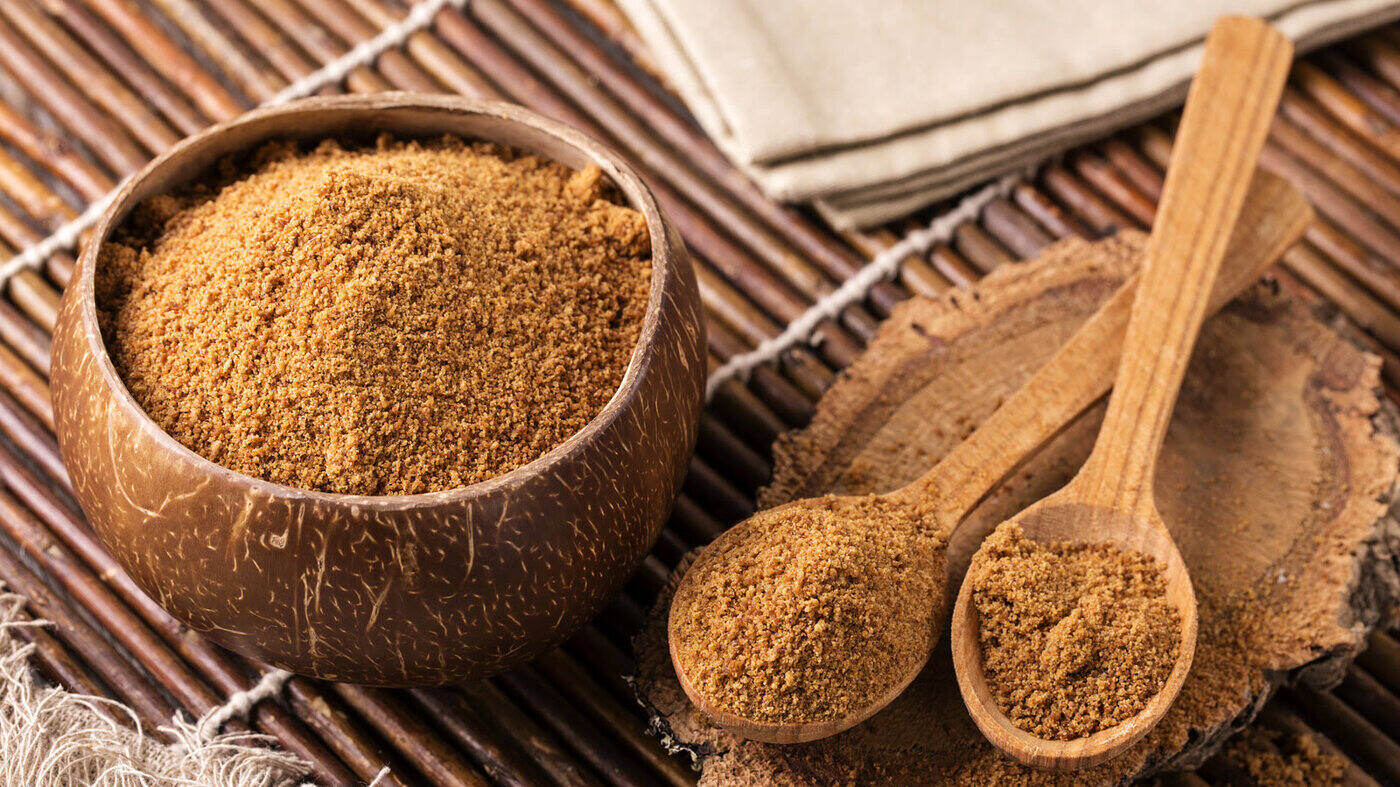

0 thoughts on “How To Store Coconut Oil In Hot Weather”